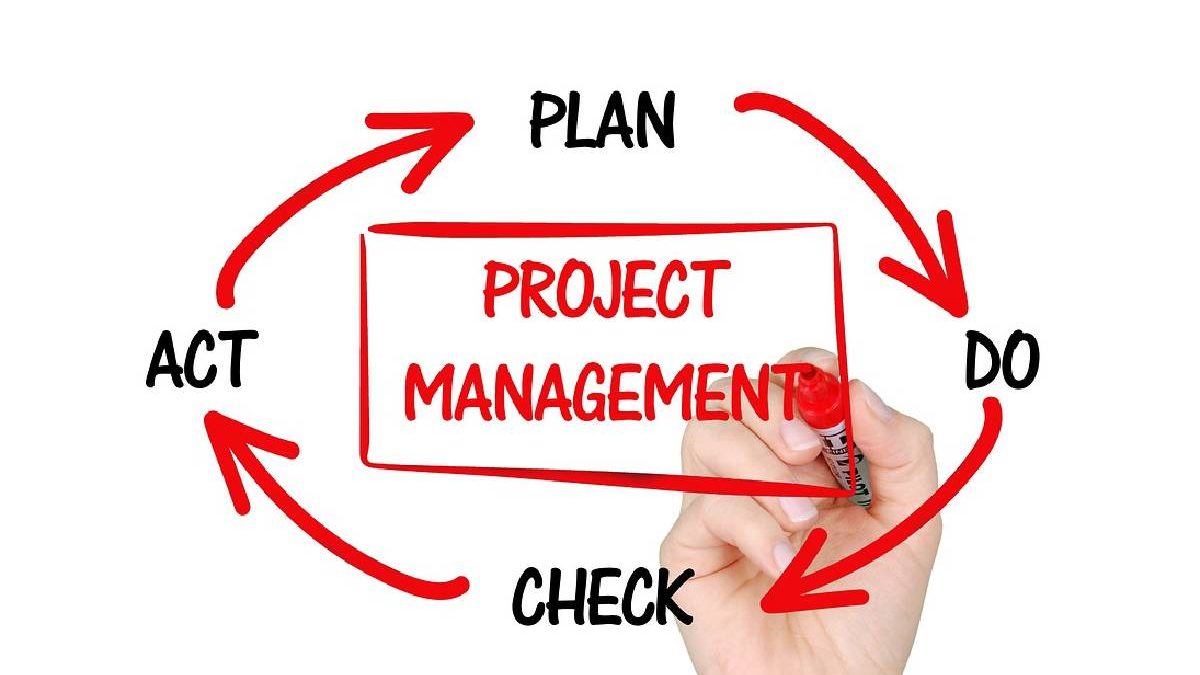Project management has come a long way and with the influence of digital computing, project managers have a wide variety of tools and software at their disposal to do their work. The primary job of a project manager is to ensure that all aspects of the project are reflected in the planning and budgeting of the project. With large and complex projects, the changing timelines, resources and scopes may be difficult to align and that’s where software for project management comes in.
Table of Contents
What are Software for Project Management?
Software are programs that assist computers to do certain tasks. Therefore, software are dedicated to their programs and will do as required by the programmer. In project management, software comes in to handle tasks that manual processes would be too lazy or hard pressed to complete. In situations where the project requires a lot of planning perhaps due to complexity or delicacy, <a href=”https://www.consumervoice.org/top-project-management-software”>software for projects-management come in</a> to handle the bulky, repetitive processes, and leaves the creativity aspects to the project managers and their teams.
Types of Project Management Software
Software for project management can either be task-specific or project specific. For example, architects may use project management software that helps them draw, whereas accountants may use project management software designed for assigning budgetary allocations. However, within one project, there may be several levels of projects each linked to the other running concurrently and sequentially. The software to manage these smaller projects are also task specific, with certain software designed for scheduling and others for collaboration.
However, there are other types of software that combine all these different processes, whereby all team members have their own logins and can track their individual processes. The overall project manager can have an overview and certain rights to each of the individual processes by the team members. The project manager can therefore edit, revise and even delete certain data to reflect the overall reality of the information they gather from their vantage point. Examples of these project management are Trello, Wrike, and Basecamp, etc.
Trello
Trello is one of the most effective project management that allows project managers and their teams to collaborate both online and offline. It has proven crucial in projects without a specific address and where collaborators are far apart. Global projects normally use Trello to manage their vast teams and still maintain operational expenses at a minimum.
Wrike
When it comes to coordinating project, few other can come close to Wrike. Project managers and their teams can track and coordinate projects and the minor processes, allowing each user to track their individual processes in alignment with the rest of the team members. Though Wrike is an online collaborative tool, it can also be utilized in closed office environments where users don’t need to constantly meet to plan projects.
Basecamp
Basecamp assists teams to communicate effectively and to stay on the same page across the project creation. It combines several communication tools ranging from teleconferencing to Emails to ensure all team members are aware of every step in the project.

